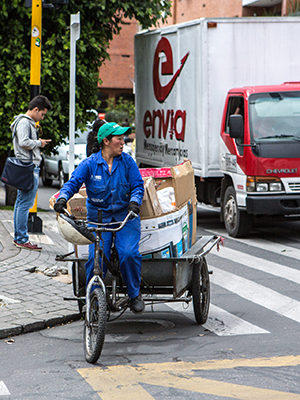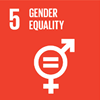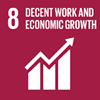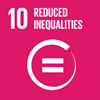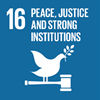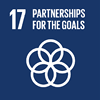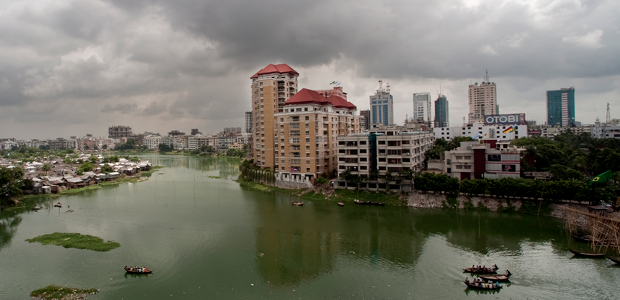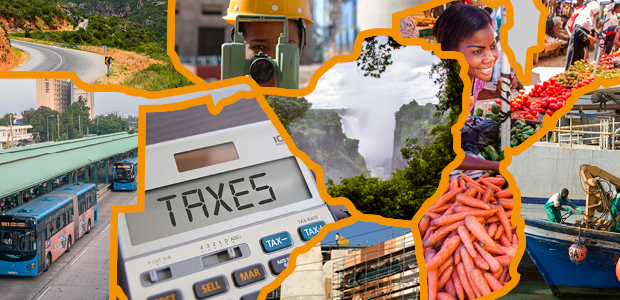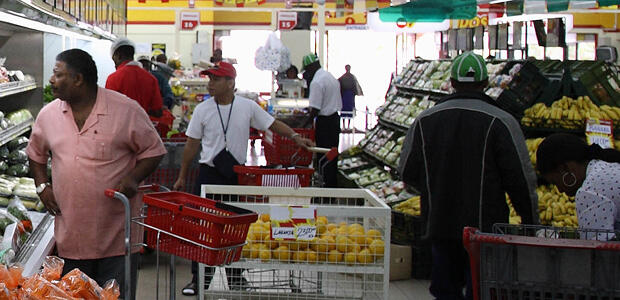Transforming economies, states, and societies
At its core, development is about the well-being of people. But it is also about creating societies which provide fundamental rights and just social political outcomes. Sustainable and inclusive development requires transformative changes across three fundamental areas: in the structures of economies, in the state, and institutions that govern social and market interactions and broader developmental processes, and in society itself. These transformations are central to the achievement of the United Nations’ 2030 Agenda for Sustainable Development and the Sustainable Development Goals (SDGs).
The 2019–23 UNU-WIDER work programme focuses on the interlinked development challenges of transforming economies, states, and societies and maps them against SDGs 5, 8, 10, 16, 17. By mobilizing research evidence for action through the ongoing processes in the UN and its member states, the institute continues to work with stakeholders to strengthen capacities for research, technical, and policy analysis, and facilitate exchange of experiences and knowledge towards bold and collaborative development solutions for countries and regions around the world.
Click on the table below to explore our current work or scroll down to search past projects.
20 active and previous projects
Filter by...
Transformation
Natural resources, structural change, and industrial development in AfricaThis project focuses on three specific areas that impact the pace of structural transformation and job creation in five emerging African natural resources economies: Ghana, Mozambique, Tanzania, Uganda, and Zambia.
Transformation
Structural transformation and inclusive growth in Viet NamThis project responds to the SDG’s call for a strengthening of data collection and capacity-building in Member States. Timely and better disaggregated, country level data aids the search for an evidence-based course to realizing economic...
Transformation
The growth-employment-poverty nexus in Latin America in the 2000sLatin America in the 2000s witnessed an unprecedented period of growth with poverty and inequality reduction. Latin America also suffered from the economic crises in Europe and the United States from 2007/08 onwards. The questions asked in this...
Transformation
Macro-economic management (M-EM)This project explores how macroeconomics of development is evolving; what the policy priorities are as the global economy undergoes transformation (with more countries moving from low- to middle- income status); the impact of global economic...
Transformation
Development policy and practice: competing paradigms and approachesThis project uses UNU-WIDER’s high level of convening power – its ability to mobilize senior figures in the development policy debate from different paradigms – and its ability to stand aside from the fashions and pressures of the academy, to bring...
2012-13
Conference on inclusive growth in Africa - measurement, causes, and consequencesapid and sustained poverty reduction requires ‘inclusive growth’ that allows people to contribute to and benefit from the development process. Africa’s economic performance has improved considerably since the 1980s and early 1990s. Nevertheless, many...
2012-13
Experimental and non-experimental methods to study government performance: contributions and limitsIn recent years, field experiments using randomized trials have gained increasing popularity in the field of development economics. In particular, scholars have argued strongly for their use as the best means of identifying ‘what works’ in foreign...
 Join the network
Join the network